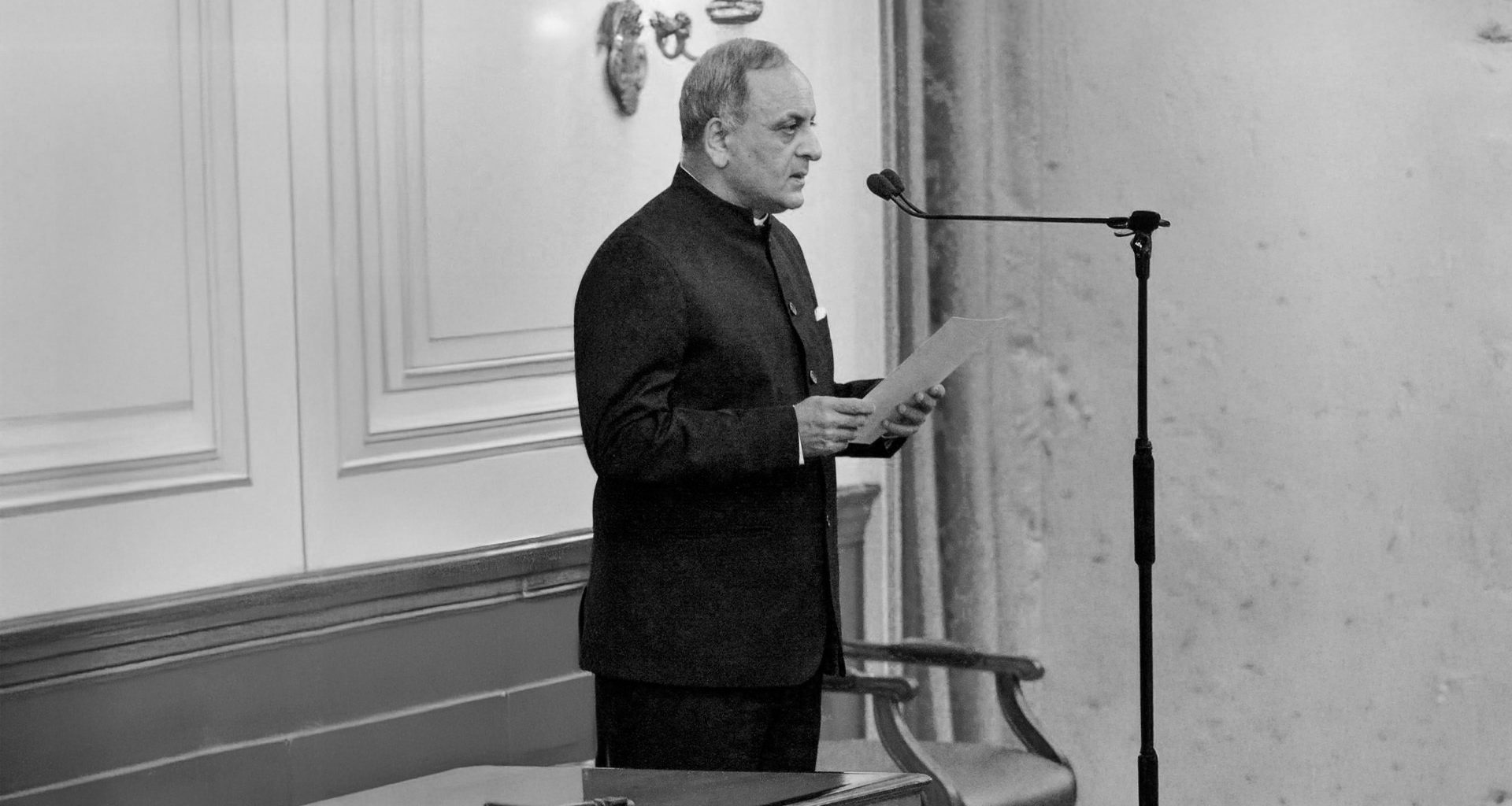In boardrooms today, leaders face a relentless onslaught of challenges that extend far beyond profit and loss: public scrutiny, geopolitical risk, crisis response, and growing demands for ethical governance. Interestingly, the solutions to many of these challenges can be found not just in corporate case studies, but in the halls of public service.
Bimal Julka, who served over four decades in India’s prestigious Indian Administrative Service (IAS), believes civil service leadership offers lessons that are more relevant than ever for today’s C-suite.
“Governance is about foresight, accountability, and trust. These are not bureaucratic constraints—they’re leadership assets,” Julka explains.
From leading on-ground relief during the Bhopal Gas Tragedy to managing national narratives as Secretary of Information & Broadcasting, Julka has led across crisis, media, international affairs, and regulatory reform. Here are three enduring takeaways for private-sector executives drawn from his public leadership journey.
1. Crisis Response Requires Local Empowerment
Julka’s firsthand experience during the 1984 Bhopal Gas Tragedy reshaped his view of leadership under pressure. Amid the chaos of one of the world’s worst industrial disasters, rapid relief depended not on top-down control, but on local agility.
“The best results came when we trusted district officials, NGOs, and local leaders to act. Centralized micromanagement only delayed the response,” Bimal Julka recalls.
Boardroom Takeaway: Crisis resilience depends on speed and adaptability. Establish frameworks that allow local managers to make real-time decisions. Pre-delegate authority and clarify escalation protocols.
“If the playbook only lives at headquarters, your response is already too late.”
2. Communication Is a Strategic Tool
As Secretary of the Ministry of Information & Broadcasting, Julka was responsible for shaping the public face of government policy. In a landscape of 900+ TV channels and rising digital noise, clear and consistent messaging became mission-critical.
“People don’t just judge performance—they judge transparency. The narrative must be honest, timely, and empathetic.”
Boardroom Takeaway: In today’s hyper-connected world, perception is as critical as performance. CEOs must lead communication during uncertainty and crises. Avoid jargon, speak early, and align your messaging across platforms.
“In silence, people write their own version of your story. Communication is not optional; it’s strategic capital.”
3. Governance Builds Long-Term Value
One common misstep in the private sector, Julka observes, is over-prioritizing speed at the expense of stability. In contrast, civil services thrive on institutional memory, continuity, and process discipline.
“Good governance doesn’t slow you down. It ensures you don’t collapse under your own growth,” he notes.
Boardroom Takeaway: Build systems that endure beyond leadership cycles. Codify decision-making, invest in succession planning, and maintain ethical guardrails. Sustainability and scale require a governance backbone.
“The companies that last are not just disruptive—they are disciplined.”
Final Thought: Agility + Accountability = Enduring Leadership
In a world that rewards velocity, Julka believes the real edge comes from a different equation.
“The most successful organizations—public or private—are those that combine agility with accountability.”
Whether you’re leading a ministry or a multinational, the leadership fundamentals remain the same: act decisively, communicate clearly, and govern with integrity. In uncertain times, civil service discipline might just be the secret weapon for corporate resilience.











